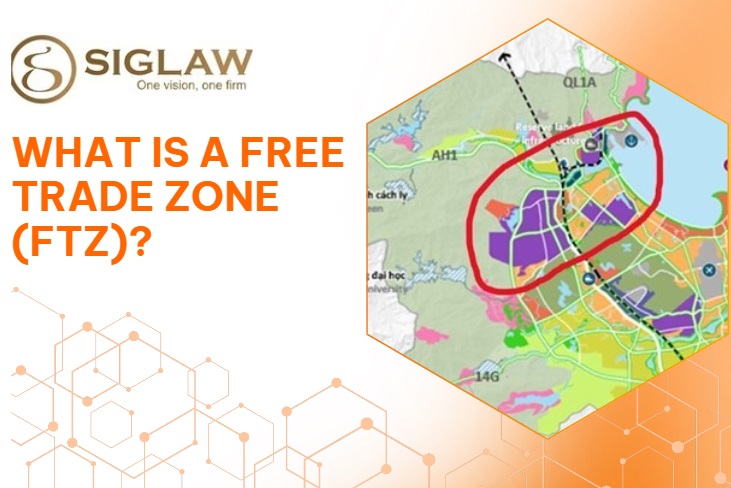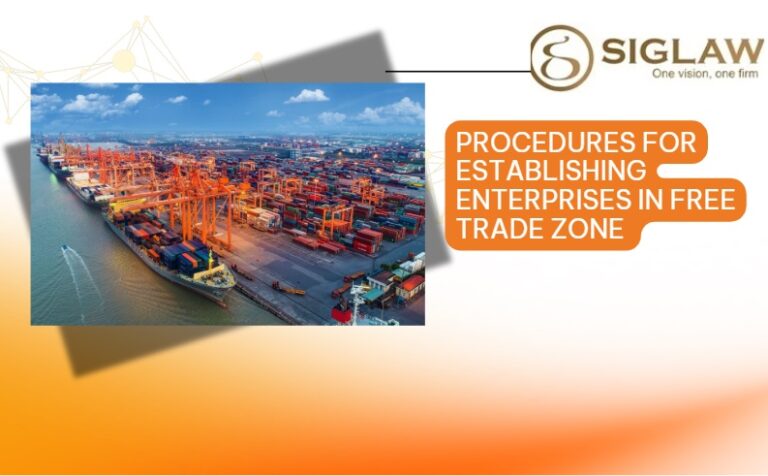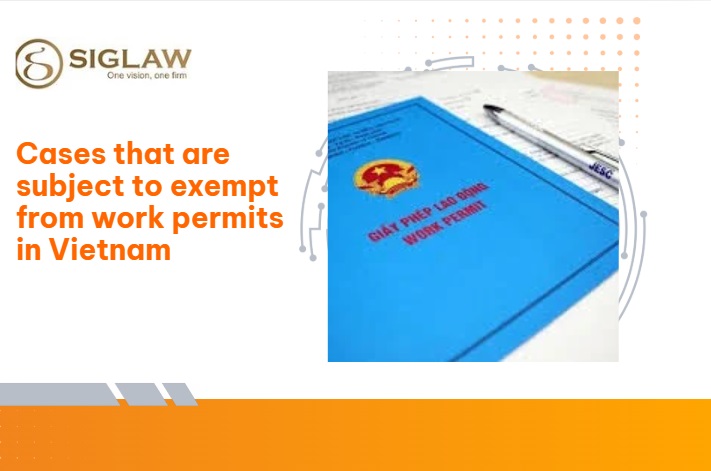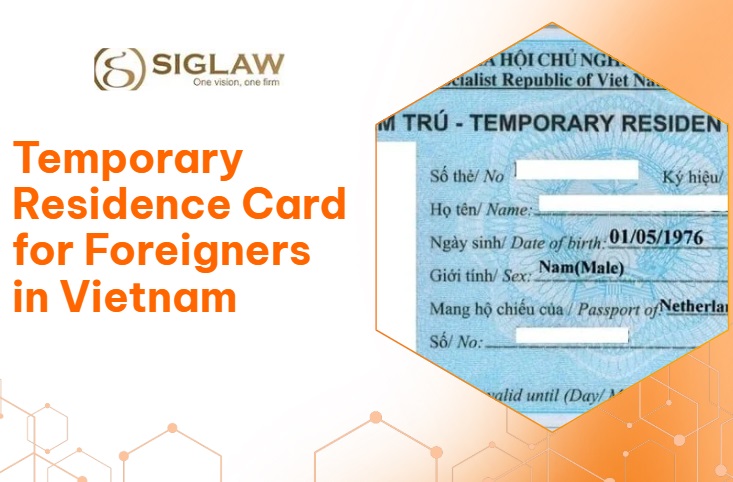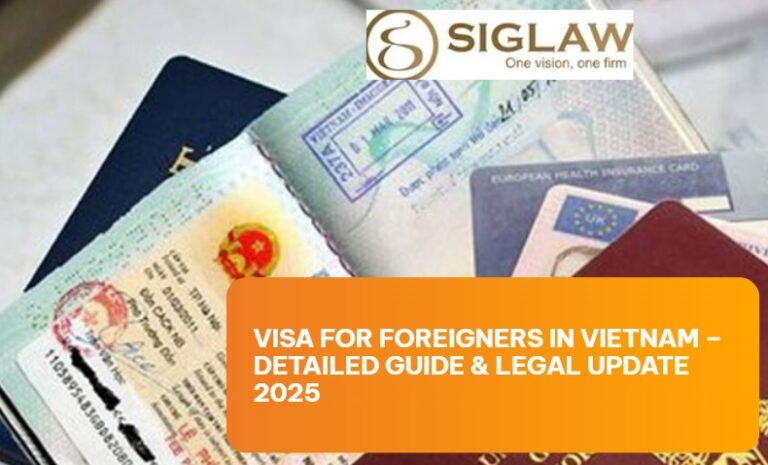Consultancy on contracts for the international sale of goods
International trade has been and is an indispensable activity in life. One of the outstanding international trade activities is buying and selling goods from abroad to inland and vice versa. As a result, the parties must always establish an international sale and purchase contract to ensure their rights and interests. So what do you need to know and what does an international sale of goods contract include, let’s find out below.
What is an international contract for the sale of goods?
Basically, an international contract for the sale of goods is a contract in which goods are moved across a country’s border or across a territory. In which, “border” can be an actual geographical territorial border or is legal on paper but does not actually move across the territory.
What are the characteristics of contracts for the international sale of goods ?
Regarding the subject of the contract, the subject of an international contract of sale of goods is both the seller and the buyer in the contract, each of which has commercial offices located in different countries.
Regarding the subject matter of the contract, movable property is the subject matter covered by the international contract of sale of goods, movable property is the goods that can be moved and transferred across borders or territories, such as clothing, aircraft parts, automobiles, …. Therefore, movable property does not include house, apartment, building, land or anything that is attached to the land.
In terms of price and payment currency, choosing a payment currency is quite diverse and is also an important issue when setting up international sales contracts. The parties may choose a foreign or local currency or a common regional or international currency such as the Euro. For example, two parties entering into a contract, one from Vietnam, the other from Spain. So the parties can choose the currency of payment as Euro. However, in order to transfer money from one party to another in an international goods sale contract, the parties must not use cash, instead, they must use an alternative payment method such as money transfer, collection of payment, documentary credit and customs clearance.
On a global scale, services and goods are transferred across the borders of two or more countries. When importing or exporting goods and services, certain customs clearance procedures are required under the laws of each country. Therefore, in the contract, it is necessary to specify and clearly state an Article for sharing responsibility of each party for the performance of the above tasks and transit procedures through a third country.
Regarding the source of law, an international commercial contract is a contract performed by parties from countries with different sources of law governing contracts, so the contract between the parties needs to comply with the laws of both countries. In addition, international contracts for the sale of goods are also governed by international treaties, international trade practices or model laws on international commercial contracts. The reason for the conflict and adjustment of so many sources of law comes from national sovereignty according to Public International Law, for an international civil relationship involving many countries, it can be governed by a variety of legal systems. Each country in the world today has its own legal system, and these legal systems are regulated differently and sometimes contradict each other. To resolve this contradiction, the most optimal solution is to choose one law governing the contract (the international civil relationship). And in order to be able to choose a source of governing law without causing discord among the parties, the principle of free choice of law applicable to international commercial contracts is set forth. In addition, if the parties do not choose a law, the rules of international law will be applied to select the source of law governing international commercial contracts.
Regarding the language of the contract, similar to the source of the governing law, there is a wide range of language that can be used in the contract. So, internationally, the priority is the parties’ agreement on the governing language in the contract. Vietnamese law (Civil Code 2015 and Commercial Law 2005) do not specify the language used in a contract, but in fact it can be understood that the parties are free to choose the language used for the contract, unless otherwise provided for by specialized law.
Regarding the dispute settlement body, this is also the content that the parties are free to choose according to their will as long as the two parties jointly choose a dispute settlement body. However, it should be noted that it is necessary to consider whether the dispute settlement body has the authority to resolve this type of dispute, whether the source of law governing the contract to resolve the dispute can be used or not, etc so that dispute resolution is as “smooth” as possible (if any).
Regarding the form of a contract, national and international law impose different requirements on the form of a contract. Article 11 of the United Nations Convention on Contracts for the International Sale of Goods (CISG) stipulates that any form of international contract of carriage (e.g. in writing, orally, by text message, etc.) is legal. But according to the domestic law in some countries, such as Vietnam, it is required that the international contract must be in writing or other equivalent legal form. Indeed, due to the international nature of an international contract, it is common for the parties to an international contract to enter into a written contract or an equivalent form to protect the interests of each party.
What are the contents of a contract for the international sale of goods?
In general, an international sales contract, in addition to basic information about the seller and the buyer, is required to have provisions on the type of goods, quantity of goods, prices and payment methods for goods. In addition, in order for the contract to be clearer to avoid disputes as well as to ensure the rights and interests of the parties, the international sales contracts also needs to have more provisions on the delivery method, the valid form of contract, dispute settlement agency, language of contract, force majeure cases, and etc.
More specifically, the content of a number of terms that the parties may specify include:
- Shipping method terms: may indicate the mode of transport in accordance with the type of goods, destination and security; especially the specific obligations of each contracting party listed under the terms of international trade, e.g: who will pay for the delivery, etc.
- Terms of price and payment method: determine whether the price is local or foreign currency or a common currency; may provide a payment code for the convenience of payment; or fining provisions for violations.
- Terms of delivery method: the parties need to specify the date, place of loading and delivery; Specify the detailed time of each delivery item by day/month/…. In fact, meeting deadlines is one of the main tasks of sellers, they have to set deadlines and prepare for unexpected situations such as damaged delivery vehicles, etc.
- Terms of force majeure: the parties should list in detail what force majeure events may occur, such as epidemics, flash floods, crop failure, etc. Force majeure can be understood as situations which cannot be foreseen by the seller or the buyer that affect the performance of the contract. Normally, force majeure events are not created by the seller or the buyer, but they will occur unexpectedly.
- Terms on the form of guaranteeing the validity of the contract: clearly state the obligations of the parties related to the guarantee. For example, a merchant recovery guarantee.
- Dispute resolution body clause: by determining the law governing the contract, the parties can also choose their own dispute resolution body. However, the selected settlement body must be in the group of disputes which the body is authorized to settle, because choosing a dispute settlement body does not mean that the authority will certainly be empowered to resolve the dispute. This is also because the dispute settlement system needs to be divided by tier and by region in order to resolve disputes as quickly as possible and without overlapping jurisdiction.
- Terms on choice of contract language: Both parties need to understand the provisions of the contract language. In particular, specialized terms need to be written exactly by the legal contract language.
Phone: (+84) 961 366 238
Email:
- vphn@siglaw.com.vn
- vphcm@siglaw.com.vn
Headquarters: No.44/A32-NV13, Gleximco A, Le Trong Tan Street, Tay Mo Ward, Ha Noi.
Southern branch: No.103 – 105 Nguyen Dinh Chieu Str., Xuan Hoa Ward, Ho Chi Minh.
Central branch: VIFC DN – ICT Building Software Park No. 2, Nhu Nguyet Street, Hai Chau Ward, Da Nang City
Facebook: https://www.facebook.com/hangluatSiglaw


